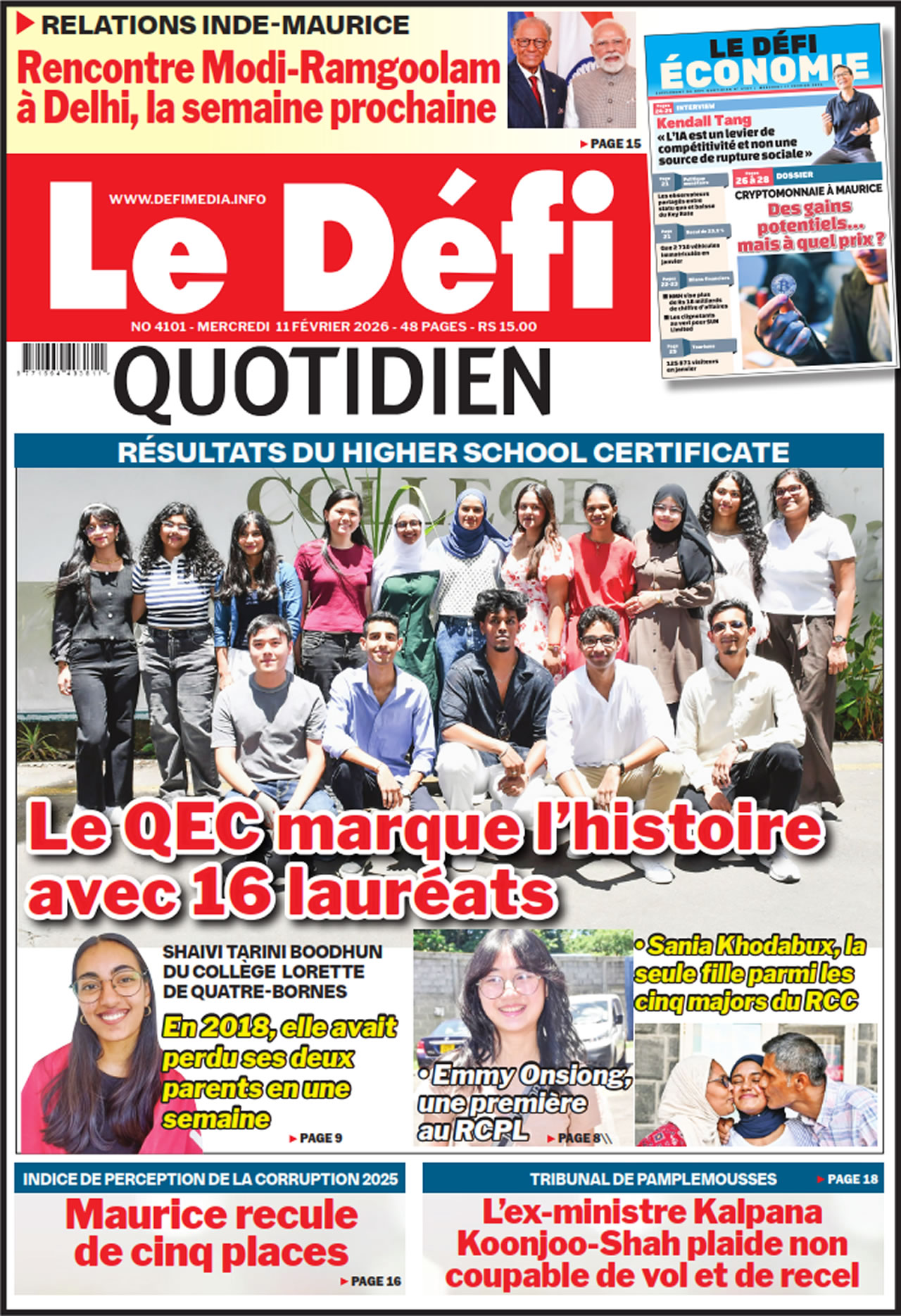
The World Blockchain Summit 2018 was held on Friday 30th November at the InterContinental Resort Mauritius, Balaclava, following a two-day hosting of the World AI show. The conference brought together global as well as local blockchain experts and technology players, who shared their insights through keynote presentations, panel discussions, international use case and tech talks on the breakthroughs of blockchain and the change from traditional notions of currency to digital currency economy.
Organised by the Ministry of Technology, Communication and Innovation, in collaboration with the Economic Development Board (EDB) and Trescon Global, the World Blockchain Summit 2018 aimed to transform Mauritius into an attractive destination for key players in Blockchain, and assist the Government on mapping the economic impacts of Blockchain and to attract investors in that field.
Conntecting the biggest names in the industry as well as government authorities, IT leaders, tech entrepreneurs, investors and blockchain developers, emerging start-ups, the summit allows the sharing and hearing of leading blockchain innovation and digital currency. During his keynote address at the opening ceremony of the conference, the Minister of Technology, Communication and Innovation, Yogida Sawminaden, stated that “the Age of Blockchain has dawned upon us, and the technology is painting a new vista of advanced solutions for businesses, individuals and governments. For Small Island Developing States (SIDS) like Mauritius, Blockchain represents an opportunity to accelerate development in line with the Sustainable Development Goals (SDGs).”
Next disruptive technology
Yogida Sawmynaden asserted that Blockchain is the next disruptive technology that can potentially change the process in which governments and corporates operate in Mauritius and abroad. He announced that a contract has been awarded to Cotrugli Business School to prepare a Strategic Plan for the adoption of Blockchain technology in Government. “The consultants are required to ensure that the Strategic Plan is in line with the vision, mission and objectives of the Government of Mauritius. The Strategic Plan should also provide an assessment of existing government system and non-computerised important activities where blockchain would have high value addition and setting out the approach and solutions which need to be adopted to reach the desired goals,” he stated.
Keynote speakers of the summit included Dr Drishty Ramdenee, Head of Ocean Economy, Economic Development Board, Hans Christensen, Vice President of Dtec, Dubai Silicon Oasis Authority, Gilbert Reveillon, President ICT & Digital Economy, CNCCEF, among others, including panellists namely Joshua Hawley, Founder of the Mauritius Blockchain Advisory Foundation and Co-founder of Mauritius Ehereum Foundation, Khurram Shroff, Chairman of IBC Grouo Limited from the UAE, talked about the trend and opportunities for blockchain development, establishing blockchain regulatory framework, investor protection, and others.
Benefits
Gilbert Reveillon elaborated on the benefits of blockchain in trade finance and how blockchain technology is impacting efficiency and performance in the industry. He also spoke about how blockchain will enable greater supply chain efficiency than ever before. “Free trade zone for blockchain is the best way to prepare new actors, new players and new economic developments.” He declared that even the Congress in the US is using blockchain as a way to tackle cyber security.
Mauritius as the ‘Blockchain education hub’ for the African region was the title of Dr Drishty Ramdenee’s keynote presentation. He underlined that there are many potentials of blockchain in terms of creating jobs, creating new sectors and consolidating sectors, pursuing development and that Mauritius started its venture in 2016 to understanding what blockchain was. He asked this question: Why do we believe that Mauritius is an extremely good platform to structure projects and for companies to structure ventures both for the internal and for the African market?
“It is mainly because of our strong financial services sector and the strong ICT sector. The furling of private ventures in terms of blockchain requires firstly the demand from the industrial and financial sector where all transactions have a commercial value. The Financial services sector and the ICT sector together can support Mauritius in creating a full-fledged fin-tech industry whereby blockchain highly supports this initiative. Based on these two industries, we can create a niche and value both for Mauritius and Africa and blockchain will be a highly supportive technology driving this vision for Mauritius,” uttered Dr Ramdenee.
Using Mauritian talents
He explained that we do have talents in Mauritius but they should be fostered further in order to perfectly fit in the new technology. “How can we outsource our talents? What are the requirements in terms of talent that will enable people to work and integrate blockchain technologies within activities of Mauritius? One of the visions we have is to be able to foster the development of technologies and development of technologies for outsourcing abroad such as Africa. Together with the authorities and the Ministry of TIC, we put forward a number of incentives that would support blockchain development in Mauritius.”
Nathaniel Tsang, CSO of IAME, who participated in the Blockchat on ‘The viability of smart contracts: A legal and technical perspective’, on his part, highlighted that Mauritius is not doing so bad when it comes to blockchain. “Even though Mauritius is a bit conservative and cautious to react, significant progress has been made and more is being done. For example, recently the Financial Service Commission released a guidance note whereby crypto assets will be classified as an asset and this sent a sharp message that there is going to be a distinction between technology and crypto assets.”
He added that there is ongoing development in Mauritius, namely with the new licence known as the Digital Assets Custody. “This licence for me is a key turning point in the Mauritius industry in terms of crypto currency because not only have they segregated the digital asset from the technology but they have also made a specific licence separated from the traditional licence of banking, investment, etc. So, in Mauritius we are actually isolating the problem instead of trying to regulate the whole blockchain technology.”
 J'aime
J'aime














